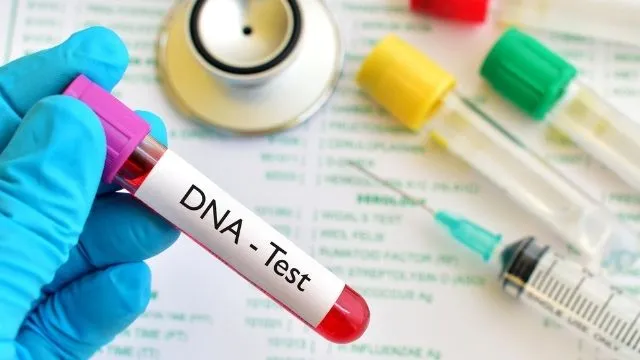
WHAT IS THE DNA FRAGMENTATION TEST?
The genetic integrity of the spermatozoan is extremely important to ensure normal development of the embryo. In cases, there is high level of DNA Fragmentation in sperm cells, it can be the cause of male infertility that traditional examinations – morphology assessment, sperm concentration and motility analysis cannot identify.According to the studies conducted, it has been found that irrespective of the assisted reproductive technology used, high levels of DNS fragmentation above the critical threshold will compromise the possibility of a successful pregnancy.
- High sperm DNA fragmentation can affect the embryo cleavage as soon as the paternal genome is switched on, and consequent blastocyst development
- It is also found in men who have normal semen parameters
- It does not affect the first or second embryo cleavage stages or fertilization
- It is significantly much higher in sub fertile men
- Levels of DNA fragmentation are closely related with ICSI, IUI. IVF pregnancy and miscarriage rates
- Men who have poor semen parameters have high chances of developing DNA fragmentation
CAUSES OF SPERM DNA FRAGMENTATION
Oxidative stress is counted among one of the main factors for damage to DNA. Some of the other factors include defects in topoisomerase activity orabnormalities in the regulation of apoptosis. Increased sperm DNA fragmentation is also related with:
- Varicocoele
- Infection
- Diet
- Febrile illness
- Leucocytospermia
- Smoking
- Excessive drinking
- Elevated testicular temperature
- Advanced age
- Sperm cytoplasmic droplets
- Exposure to occupational and environmental pollutants
TREATMENT
Although some causes of this condition are not treatable, however, if the damage occurs because of free radicals the diet and lifestyle changes might provide protection against oxidative stress, thus, help in reducing the DNA fragmentation levels in some cases.Treatment of infection is done with antibiotics. There are treatment options for reducing the levels of fragmentation by undergoing a second test three months after the first one. It is only after examining a patient that the fertility specialist would recommend the most effective treatment.



